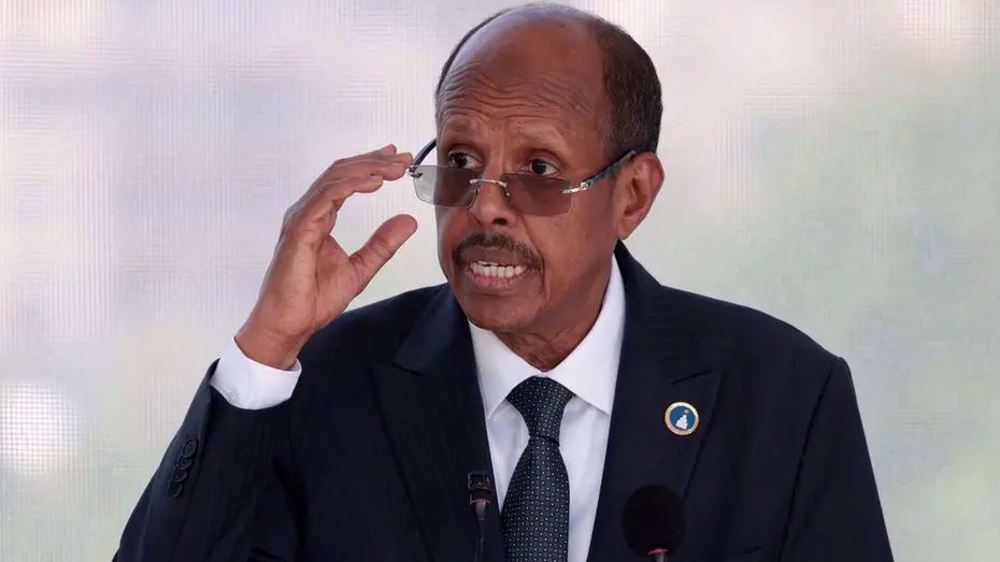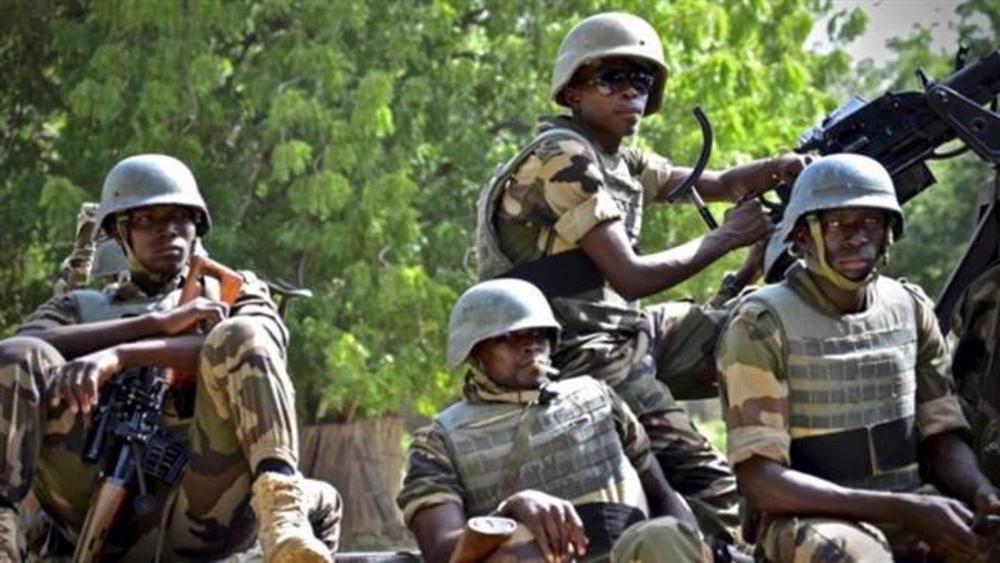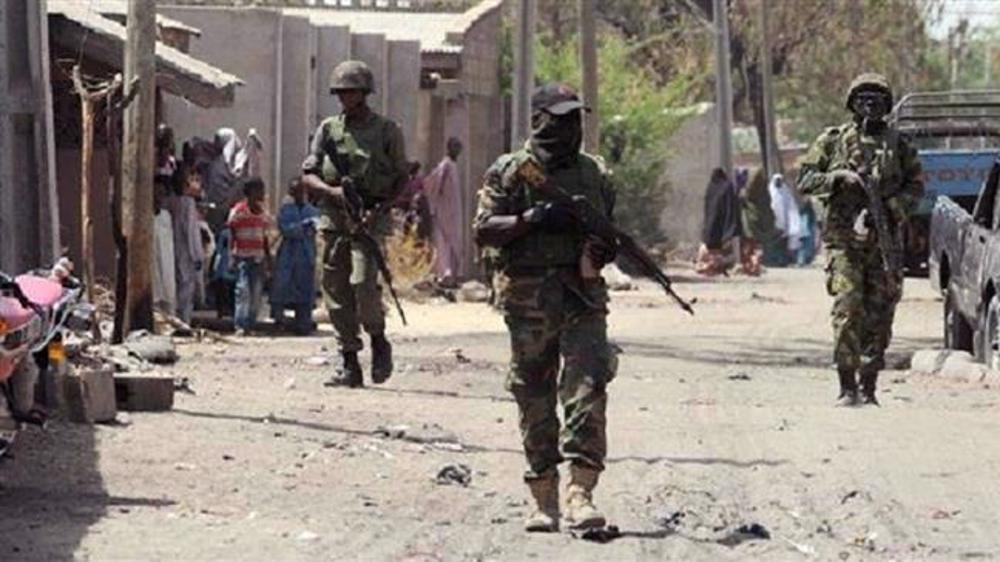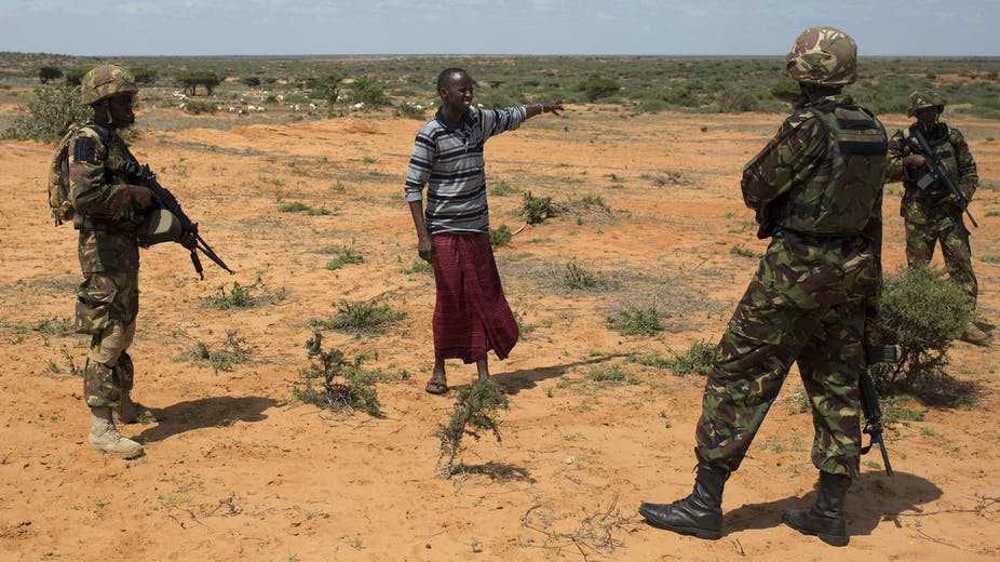After eight years of Mali campaign, France seeks exit strategy
Eight years after France sent troops to Mali to stop militants from invading the country, it faces tough choices about how to continue pursuing extremists without getting bogged down in a potentially un-winnable war.
According to a report by AFP, five have been killed by roadside bombs in Mali in the past 10 days, bringing the number of soldiers killed across the Sahel to 50 since France launched a campaign to rid northern Mali of militants in January 2013.
Among the latest victims was Sergeant Yvonne Huynh, the first female soldier killed since the start of the French intervention.
Her death on Saturday, claimed by a group linked to al-Qaeda, coincided with a massacre across the border in western Niger, where unidentified gunmen killed around 100 villagers in one of the worst atrocities in the region.
The deaths – and disputed claims Tuesday by villagers in central Mali that up to 20 wedding guests were killed in an airstrike – have clouded recent successes highlighted by France’s 5,100-member Barkhane counterterrorism force. , and its African partners.
Over the past year, the French have killed the infamous al-Qaeda leader, Abdelmalek Droukdel, as well as one of the military leaders of the GSIM affiliated with al-Qaeda.
Anxious to avoid getting bogged down in a long conflict in Afghanistan, Paris is preparing to announce a withdrawal of the 600 additional soldiers it deployed in the Sahel last year.
But whether the withdrawal signals the beginning of the end of France’s mission in the Sahel is not yet clear.
Defense sources said AFP that President Emmanuel Macron wishes to go further in reducing the number of French troops in the Sahel region before the next presidential election in April / May 2022.
“So far, the French have not really questioned the role of France in the Sahel. But you have to be very careful. Public opinion can change very quickly, ”a government source said AFP.
A sign that the Sahel mission could become national political football, some opposition politicians have already started to question the wisdom of staying the course.
“War in Mali: for how long?” The far left party France Unbowed questioned Monday.
“The more we help Mali, the more it collapses,” said Marc-Antoine Pérouse de Montclos of the French Institute for Research for Development (IRD).
He spoke of a military coup in August that echoed a coup in 2012, a year before the arrival of the French.
“The longer we stay, the more difficult it will be to leave,” said Pérouse de Montclos, adding: “Beyond the (French) death toll, the real question is how to withdraw without losing face. ”
But for Michael Shurkin, senior political scientist at US defense think tank Rand Corporation, “it was never going to be quick.”
Citing long-standing governance issues in the region, he said: “All France can do is buy time and create space for its African partners to do what they should.
GSIM’s growing assertiveness over Qaeda, meanwhile, could thwart phasing out plans.
France had identified the Daesh militants in the Greater Sahara Group as the number one threat to the region, but its efforts to prevent the terrorist group, defeated in Syria, from regrouping in the Sahel had the effect of strengthening its rival.
“Today, it (the GSIM) is Mali’s worst enemy,” admitted General Marc Conruyt, commander of Barkhane, in November.
France has high hopes for a new elite European force, Takuba, set up to support Malian combat troops following repeated calls from Paris for better burden sharing by its EU partners.
Over the past year, Barkhane has also stepped up cooperation with a regional force of five countries, the G5 Sahel, which France hopes will ultimately assume regional security.
But the G5 Sahel remains ill-trained and underfunded – chronically lacking in air power, surveillance and intelligence gathering.
In an interview with Radio France Internationale (RFI) in early December, the commander of the G5 Sahel admitted that the force was still dependent on France “to compensate for the shortcomings of our national forces”.
“For us, as a joint force, it would be premature to consider (a reduction of Barkhane) and risky for the G5 Sahel,” warned General Oumarou Namata Gazama.
Defense Minister Florence Parly, in an interview with Le Parisien this week, recalled that French forces were “not destined to stay forever” in the Sahel.
However, she insisted on the fact that they would stay “as long as necessary” for the countries of the Sahel “to be able to respond to the (militant) threat themselves, which they are starting to do”.
(Source: AFP)
Iran condemns IAEA inaction as US-Israeli aggression targets nuclear facilities
Iran FM says to issue protest to Kuwait over US aircraft downing
IRIB chief says Tehran compound hit in Israeli-US aggression, broadcasts continue
US-allied fuel tanker attacked by Iran still burning in Strait of Hormuz: IRGC
Attacks on hospitals, schools ‘strike at life itself’: Pezeshkian
Iran’s attacks on US bases ‘legitimate’ response to source of aggression: Araghchi
IRGC targets US intelligence centers, military depots in 11th wave of attacks
US-Israeli attacks damage 5 hospitals, medical centers in Iran: MP
















 This makes it easy to access the Press TV website
This makes it easy to access the Press TV website